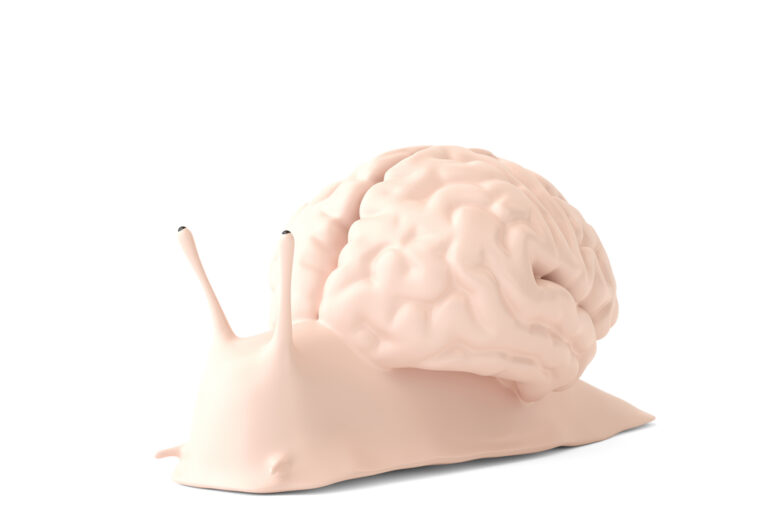When you think of statistics, do you think of a useful tool for real-world analysis, or does the phrase “Lies, damn lies and statistics” come to mind? Whatever your answer to this question, Jeremy Weber has written his new book, Statistics for public policies, for you. In this episodehost Russ Roberts welcomes Weber to talk about it.

Weber argues that no statistics textbook integrates statistical analysis of context, purpose, and audience. It is a problem. Roberts praises Weber for his use of illustrations rather than equations and describes how he treats statistics in college like a cooking class. Weber considers them more as professional education; both are excellent analogies! Which works best for You?
Of course, I have many more questions to ask… As always, we’ll limit ourselves to a few and hope you’ll take a moment to share your thoughts. As Russ says, we love hearing from you!
1- How does learning statistics at school take place like a cooking class or learning how to use a chainsaw? What is this fake with these ways of thinking about statistics? What does Weber mean when he compares concept-dependent concepts to context-free ones? (Perhaps think of statistics versus physics.)
2- Is statistical analysis more often used as a weapon or for the search for truth in the political process? How do you think politicians would view Weber’s book, and why?
3- Roberts asks to what extent we can examine data without taking theory into account. How does Weber describe the proper relationship between data and theory? How does the increase in computing power and the amount of data make analytics today Stronger? How could the current analysis be less superficial while relying on more data?
4- The (in)famous distinction between correlation and causation is mentioned towards the end of the conversation. Roberts says one of the things he liked about Weber’s book is that he makes a much deeper argument than that. What is this point? How should we consider the magnitude of causality, and how do analysts use statistical significance as a crutch?
5- Until now, the emphasis has been on what fake with statistics and the way they are taught. What did you learn from this conversation about how it should be improved? Is a good understanding of statistics an essential element of civic education? Why or why not?


